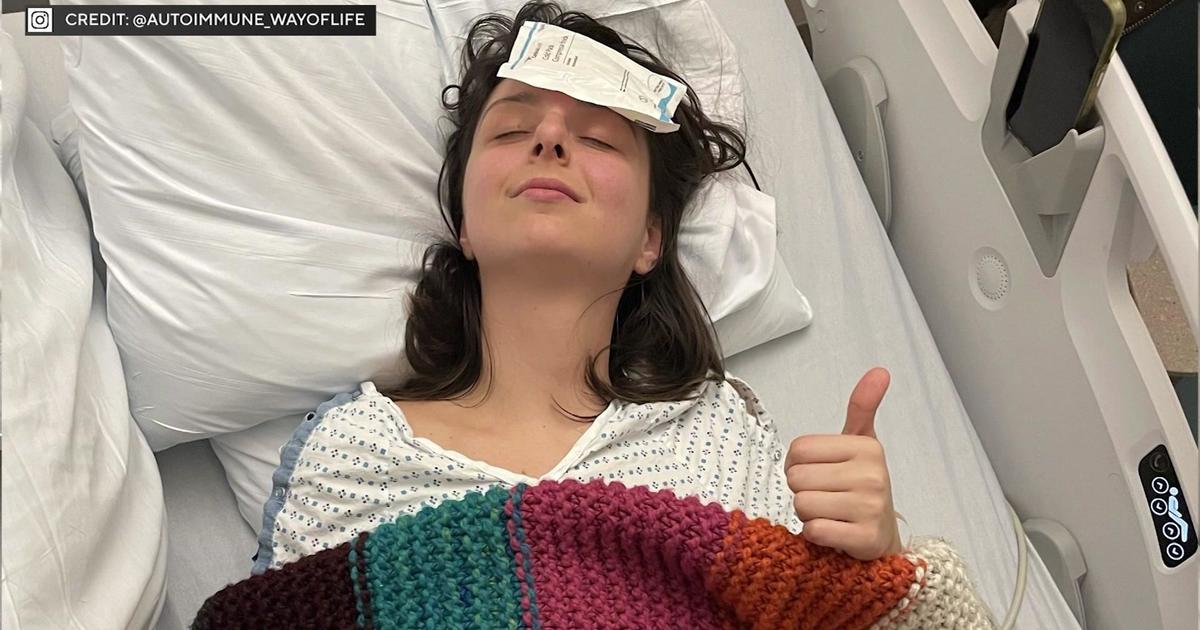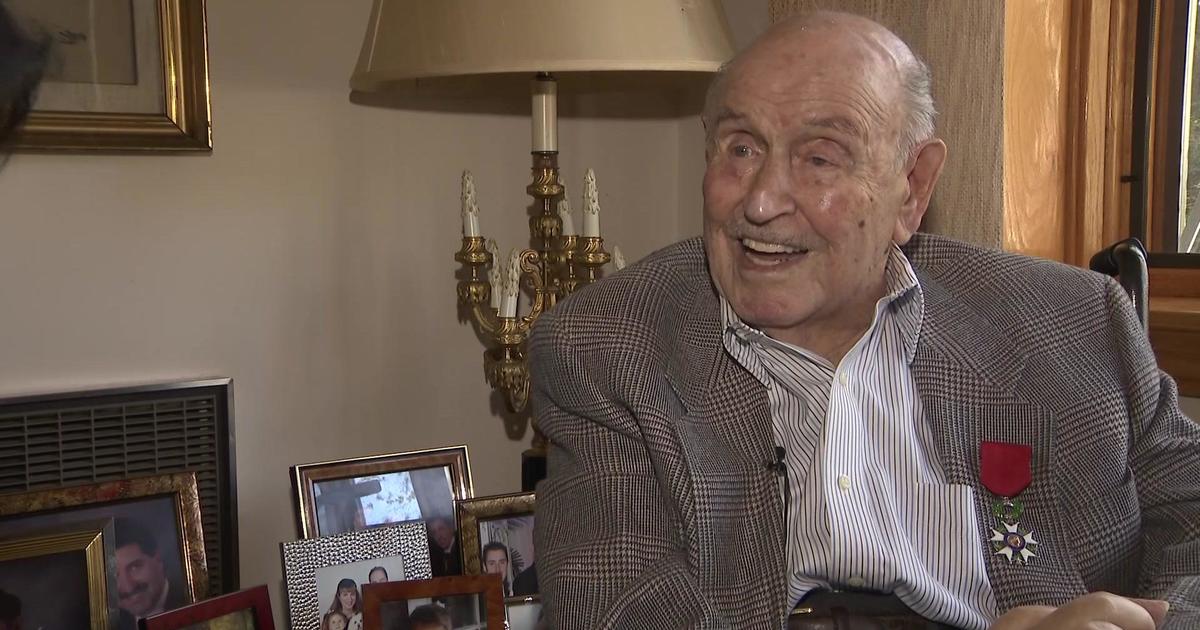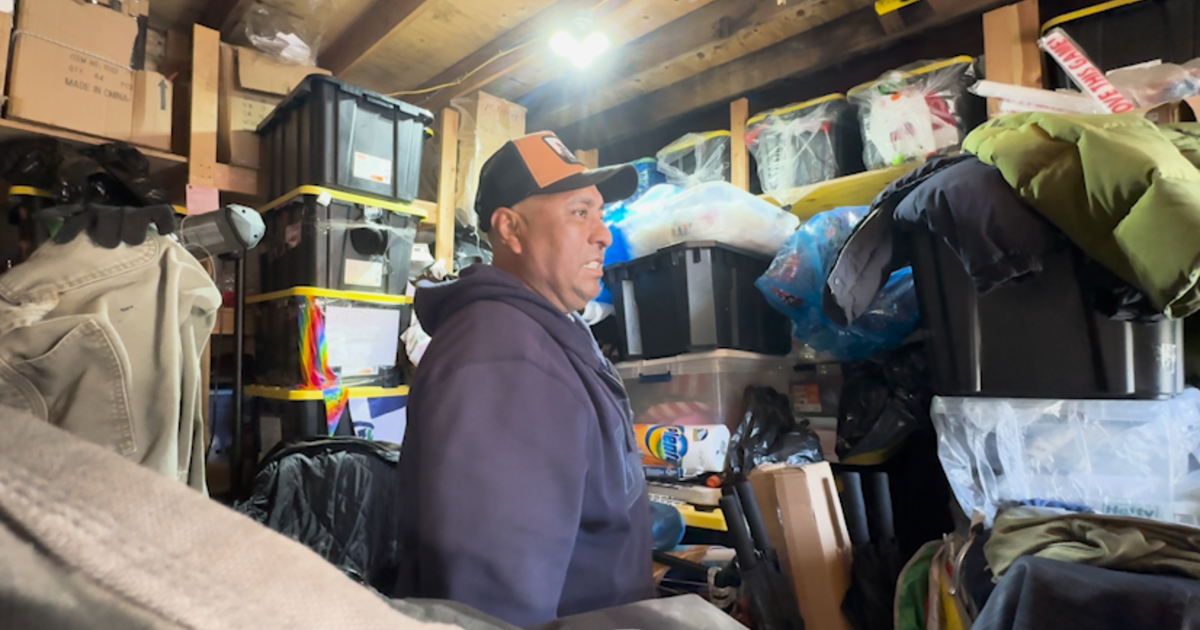Mental health experts offer advice on how to find help for children, teens
NEW YORK -- It's been estimated that as many as 1 in 7 children and adolescents will deal with a mental health issue this year.
Getting help is vital but can be daunting. CBS2's Cindy Hsu spoke with experts and survivors in this critical field.
"Almost 11 years later, I still miss her. I still cry," said Dionne C. Monsanto.
The tears that Monsanto sheds are for her daughter, Siwe, who took her own life at just 15. Monsanto is now an advocate for suicide prevention and helps others navigate the scary and confusing labyrinth of teen mental health care, never forgetting her own experience.
"When they're like, OK, you know, she can come home now, and I'm like, no, no, no, no. What do I do? Like you're sending her home, again. We've gone through this a few times. She's been hospitalized. What am I doing different? I need help. I need help," she said.
The challenge of finding the right resources for children with mental health struggles is not unique to Monsanto.
"Sometimes we don't have an immediate bed available when a family calls in, but what we do is we connect with other local providers," said Kellie Kucinski, senior director of Newport Academy clinical outreach.
The Newport Academy is a Connecticut mental health treatment center for teens.
"So the reality is, is yeah, there's a there's a shortage of facilities," Kucinski said. "I give a lot of credit to the local emergency rooms, crisis centers for facilitating as quickly as possible."
"The emergency room is not only a realistic but a viable option if you have none, right? Any of us faced with a crisis want to call 911. It's the easiest and then the best thing to do," neuropsychologist Dr. Sanam Hafeez said.
She says in times of intense need, the ER can make a critical difference, but it doesn't offer care that teenagers need on an ongoing basis.
RELATED: Breaking The Stigma: You Are Not Alone
Achea Redd is a mental health advocate and author, who suffered anxiety and eating disorders as a teen.
"I just wanted to get back to a place where I wasn't laying on the ground crying in my closet," she said.
According to the Centers For Disease Control, 1 in 3 high school students reported feelings of sadness or hopelessness in 2019, a 40 percent increase since 2009.
It's creating a crisis in some communities where resources for mental health are lacking.
"I also think that in communities that are underserved and marginalized, I think that accessibility to those resources that are available, is very limited. Because let's be honest, it's very expensive," Redd said.
"There is a lot of funding available, but it's not making its way to the right people. Sometimes smaller practices, single practitioners can do a lot of good work, but they are hindered by resources, lack of funds," Hafeez said.
A bill sponsored by the New York state legislature is seeking to expand the number of mental health practitioners and therapists in "developing and implementing assessment-based treatment plans," giving more experts the ability to diagnose and expedite care, and help combat the current shortage of professionals.
Experts say families may be able to negotiate lower costs by calling health providers or insurance companies, and all agree recognizing the signs of trouble is key to early intervention.
They include changes in diet, changes in sleep, changes at school and changes in social patterns, like losing interest in friends or sports.
"All the little things make a difference, right? I feel like we're gonna turn the tide ... and keep talking until there's a plethora of support instead of lack," Monsanto said.
If you need help, the following resources are available:
- National Suicide Prevention Lifeline: Call 800-273-8255 or visit suicidepreventionlifeline.org. Help is available 24 hours a day in English and Spanish.
- National Alliance on Mental Illness: Visit nami.org/help.
- NYC Well: Click here, call 1-888-NYC-WELL (1-888-692-9355) or text "WELL" to 651-73. Help is available 24/7 in English, Spanish, Mandarin and Cantonese.
- Newport Academy: Visit newportacademy.com.
- Dionne Monsanto: Visit afsp.org/author/dionne-monsanto.
- Dr. Sanam Haffez: Visit comprehendthemind.com.
- Achea Redd: Visit achearedd.com.




